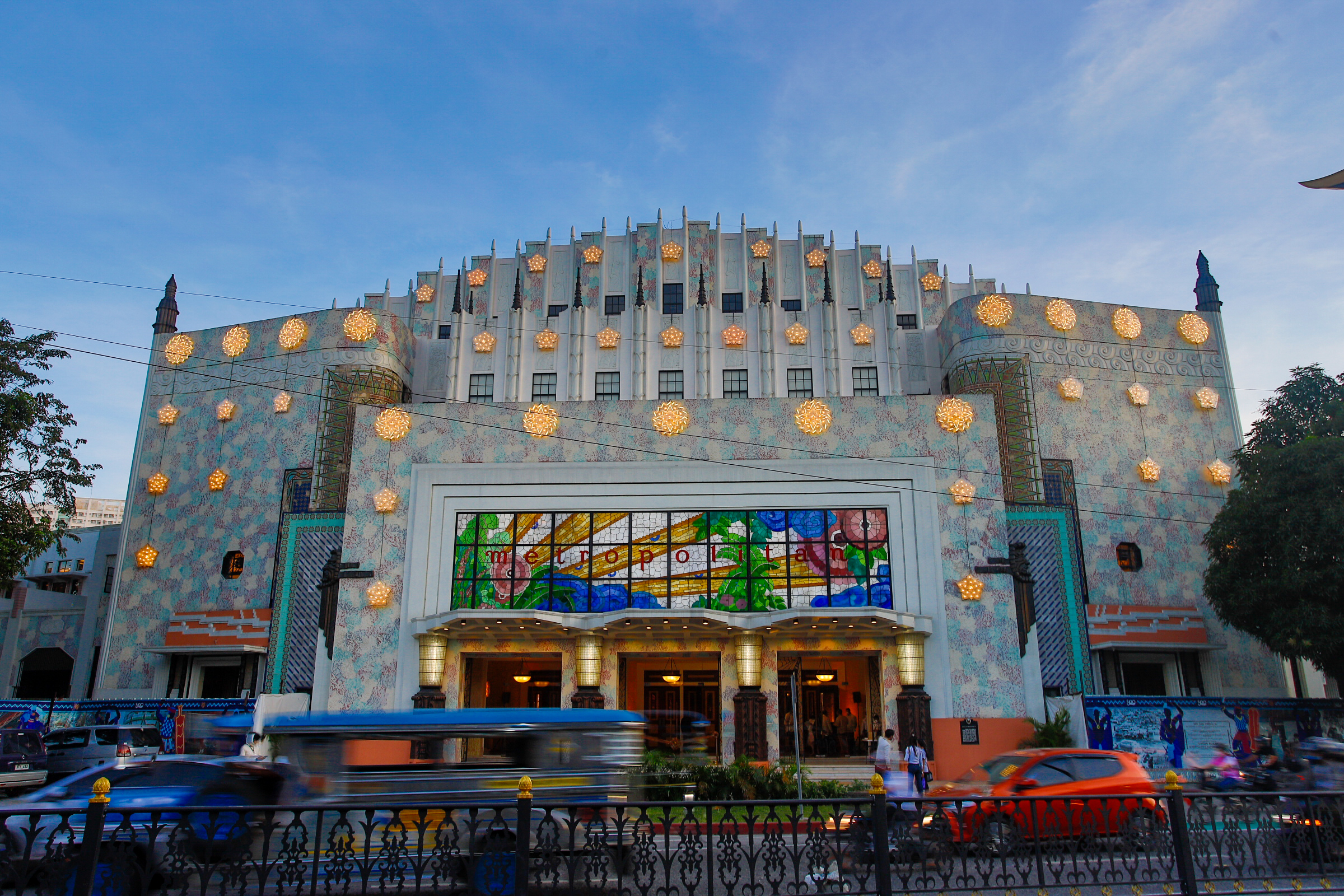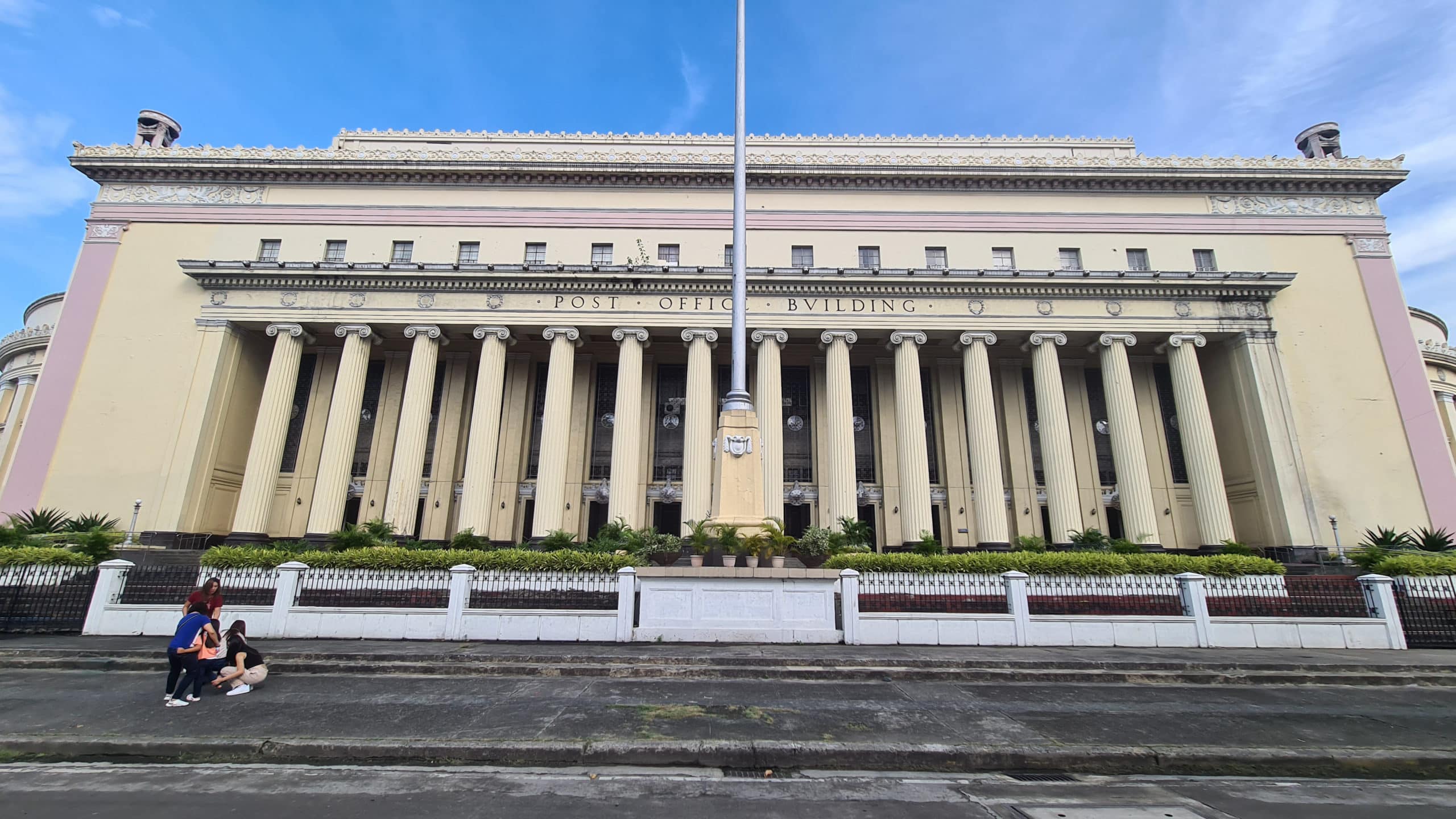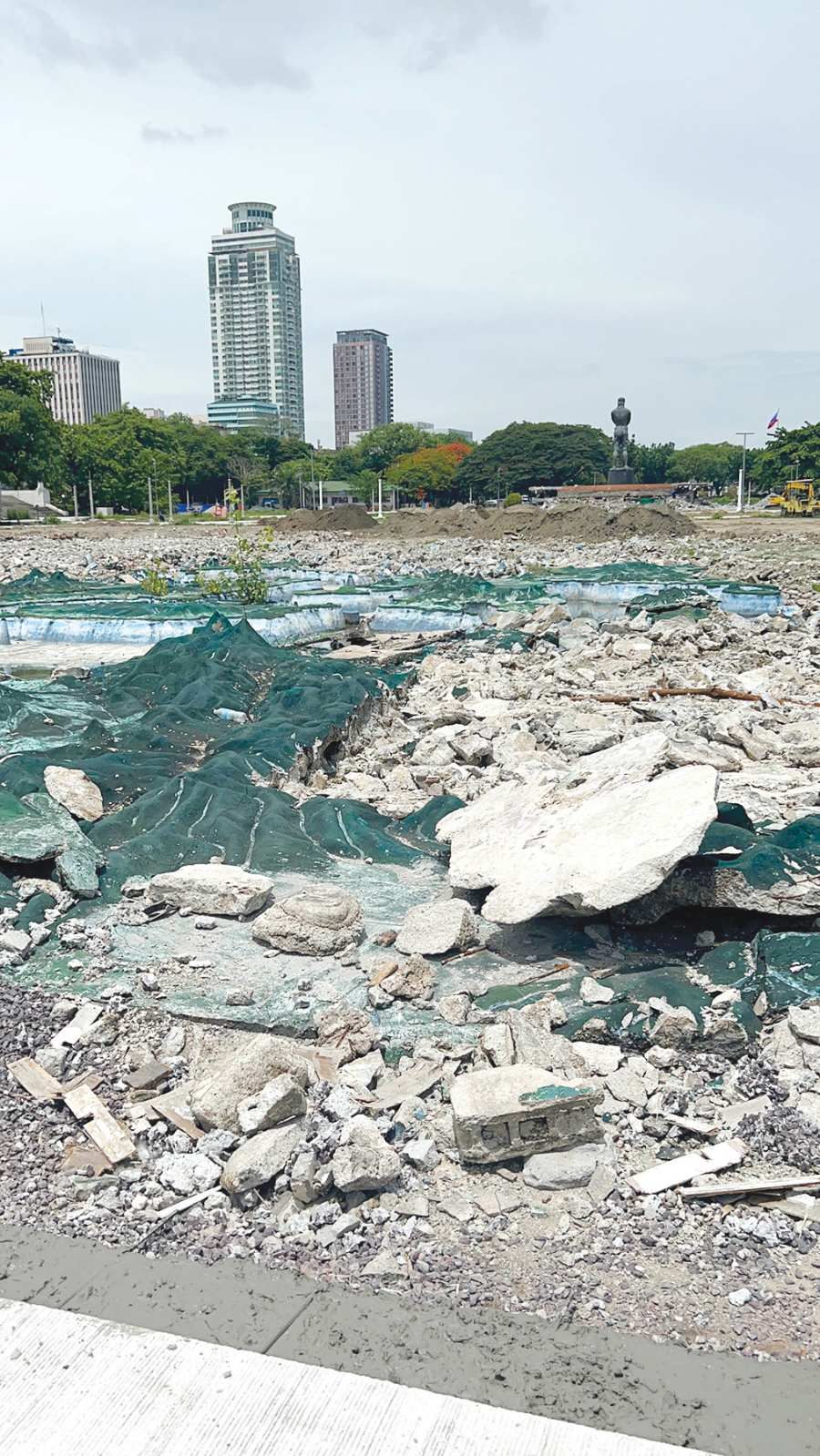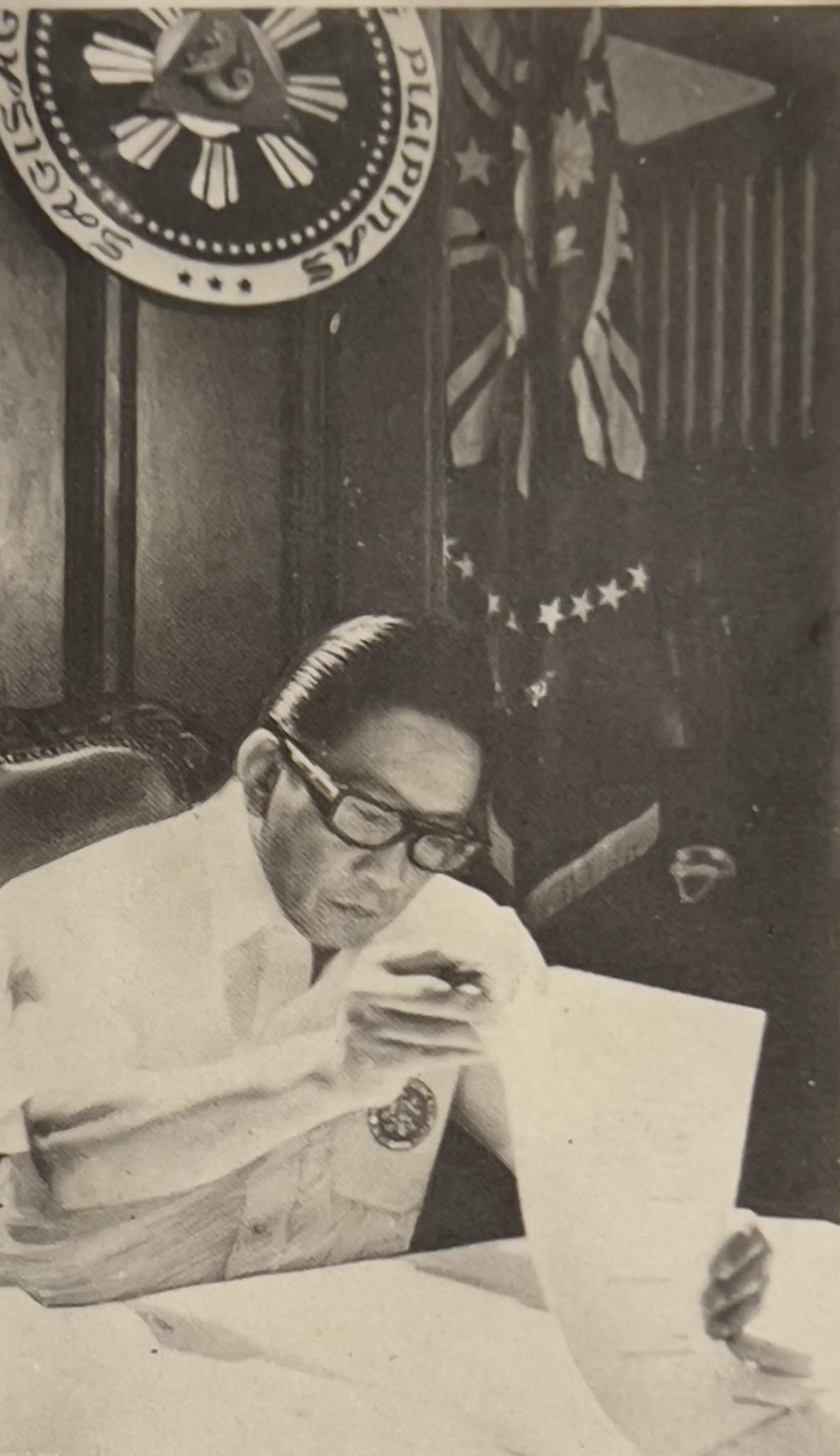What will it take to get to Bagong Pilipinas?
PBBM's idea of a New Society and why nation building is important
At A Glance
- The continued destruction of heritage-built structures not only in the metropolis but around the archipelago threatens very important physical reminders of the 'sequence of past events' in our nation's history
I grew up seeing my aunt, the former First Lady Imelda R. Marcos (IRM), going all over the world, meeting with world leaders, and building various infrastructure projects related to the country’s culture and the arts. As a kid, I thought this was a part of the role of First Lady until I began to go over the books and speeches of my late uncle Ferdinand E. Marcos (PFEM). The role my aunt played during PFEM’s administrations was very clear and defined by PFEM and it all had to do with nation-building which should not be confused with state-building.

Nation building is defined as “the process of constructing a national identity, fostering a sense of unity among diverse groups, and developing shared values and culture within a country.”
Nation building aims to create a cohesive and integrated nation where citizens identify with a common history, culture, and destiny.
On the other hand, state building “involves the creation or strengthening of state institutions, such as government structures, legal systems, and administrative bodies. State building focuses on the establishment and improvement of the machinery of governance to ensure effective and legitimate rule.”

The former has much to do with the nation’s identity by fostering, preserving, supporting “cultural, social, and psychological aspects that contribute to a sense of belonging and loyalty among citizens,” which could define a people’s national identity, while the latter focused on the “administrative structures of government,” which includes all branches of government (Executive, Legislative, and Judicial).
The thing about nation building is that it takes tim—generations. This is why heritage structures (along with intangible heritage or “nonphysical intellectual wealth, such as folklore, customs, beliefs, traditions, knowledge, and language”) are very important. They serve as tools that provide the nation’s citizenry a key component of what is called historical conscience.

Historical conscience “refers both to the ways people orient themselves in time, and how they are bound by the historical and cultural contexts which shape their sense of temporality and collective memory.” There are key components of historical consciousness each is a prerequisite for the next, beginning with temporal awareness, causal understanding, interpretation and perspective, connection to identity, critical thinking, transmission of knowledge, and global and local perspective. The presence or the increasing lack thereof of heritage structures in the metropolis threatens the first component of historical consciousness, temporal awareness which is “understanding the concept of time and chronological order of events which involves recognizing the sequence of past events and their impact on subsequent developments.”
The continued destruction of heritage-built structures not only in the metropolis but around the archipelago threatens very important physical reminders of the “sequence of past events” in our nation’s history.
Imagine a city with no heritage structures. There are a number of ramifications for a city devoid of heritage-built structures. But first let us define heritage. David Charles Harvey’s definition of heritage in his paper Heritage Pasts and Heritage Presents is temporality, meaning, and the scope of heritage studies as, “That which remains of the past in the present.” Harvey concluded that the “disappearance of heritage severs a population’s connection to aspects of history, threatens the continuity of said heritage, and perhaps, could prompt deviation from what is considered heritage.”

He says, “destroying heritage markers removes the past or are left out of major discourse and can be detrimental to the survival of cultural identity,” He adds, “the erasure or destruction of built heritage structures can lead to cultural amnesia and loss of identity.” In the Philippine’s case—national identity, which is the focus of nation-building efforts.
Tomorrow a rally will be held at the Quirino Grandstand to kick of the government’s “Bagong Pilipinas” campaign that President Ferdinand R. Marcos Jr hopes to “usher the country towards change and development.” A memorandum was issued in July 2023 the adoption of the Bagong Pilipinas brand of governance and leadership “which calls for a deep and fundamental transformation in all sectors of society and government and fosters the government’s commitment towards the attainment of comprehensive policy reforms and full economic recovery.”

Reading this, I was brought back to the President’s late father’s (PFEM) books Notes of the New Society (1973) and Revolution From the Center: How the Philippines is using Martial Law to build a New Society (1978) which addresses the same.
Therein, PFEM talks about the internal revolution inspired by Apolinario Mabini. Mabini states that an “internal revolution was necessary for the success of an external one.” PFEM explains, “What this means is that we should be able to internalize the democratic revolution, make its objectives, principles and ideals a part of our being, if we expect to succeed—and make our success an enduring one.”
In his speech in Hawaii on Nov. 20, 2023, PBBM spoke about his vision of a “Bagong Pilipinas (New Philippines). He enumerated the qualities he believed were essential for building a better future for the Philippines, which will be built through the collective effort and cooperation of the Bagong Pilipino (reformed Filipino).

What qualities are essential for building a better future for the Philippines? PBBM enumerated them in his speech: Transforming mindset, values, and behaviors. This encompasses the following: discipline and punctuality, prudence in spending, continuous learning and growth, patience and emotional maturity, integrity, and honesty; compassion and social conscience, discerning truth from misinformation; stewardship over natural resources; faith and spiritual development, and unity and bayanihan spirit.
PBBM admits that “there is still much to do, much to improve, and much to fix for our continuous progress towards a New Philippines,” but the end goal is something his father the late PFEM said was a cause worth fighting for. PFEM wrote in his book Notes on the New Society:
“As we have learned from Mabini, the internalization of the revolution is a n act of moral will, expressing itself not only in the material pursuits of a people but also in their cultural, artistic, intellectual, and scientific work. Needless to say, this requires collective as well as individual striving. In the collective, the government has done its share and will continue doing its share towards creating the ‘infrastructure’ of a cultural awakening. A revolution without a humanistic dimension, without cultural roots, is nothing more than a struggle for material things. And we are struggling for more than the rice in our bellies and the clothes on our backs. We are fighting for our pride as a nation and as individual human beings.
What all of us ultimately want, I believe, is a resurgence of the moral will that surmounts every obstacle—material and non-material—on the road towards the full realization of the New Society. This, as I have said, is the work of generations, not only in terms of time, but in terms of contemporary solidarity -the old and the young, men and women, the well-off no less than the poor. No one is supernumerary in this society: every man, woman, and child is needed: everyone has his importance, worth, and useful contribution.
We have risen to claim our destiny. We can only lose it by failing ourselves.